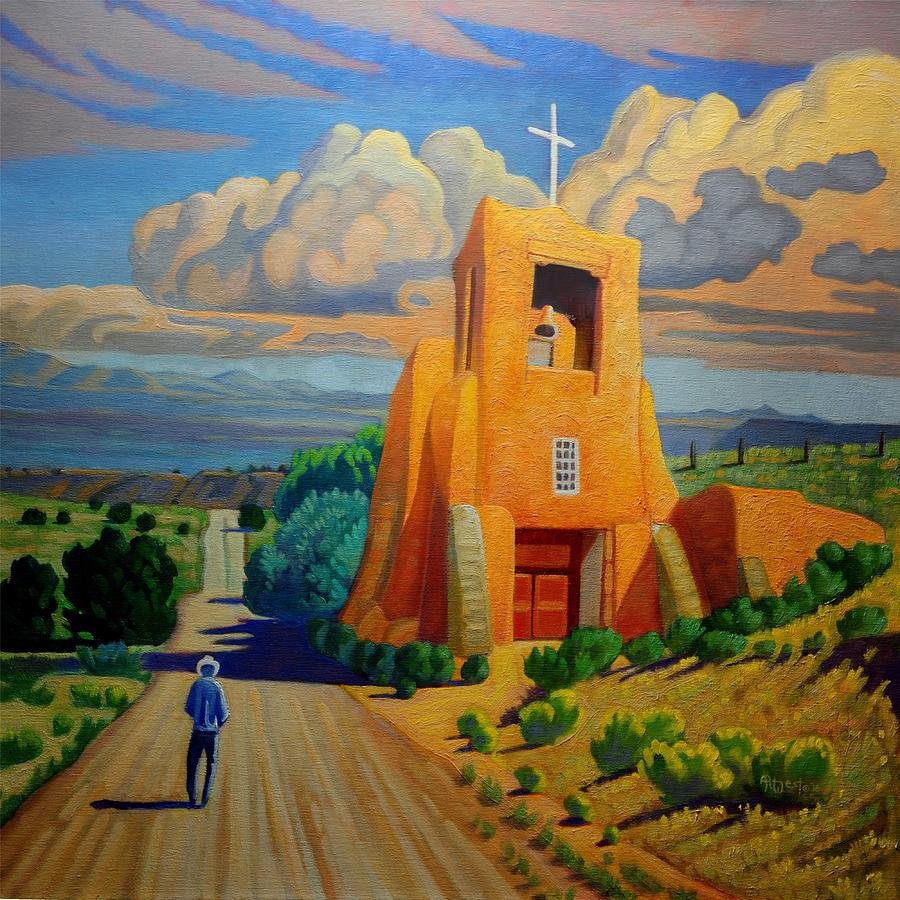RUBICON
Earlier this week I finished an audiobook entitled Rubicon:The Triumph and Tragedy of the Roman Empire by Tom Holland. It was one of the finest books I have read, and if you are looking for a nice, interesting, long book for your holiday travels, I can recommend this with no reservations.
I learned much and received more detailed information on things I already knew. The correlations many make between Rome in the days of its collapse and the shape of our contemporary culture and political landscape are striking and sobering. Widening economic divisions, contempt for the poor, childish and thuggish warfare between rival political factions, the emerging preference for personal enrichment over public welfare - these and many other facets of pre-collapse Rome are attention getters, to say the least.
I was struck in particular however by a term in the book's title. All my life I have heard the phrase 'crossing the Rubicon' without knowing anything about its origins. The Rubicon itself was a small, muddy creek in Italy northeast of Rome. It was in no way a major geographical feature of the region - its importance was largely symbolic. Outlying imperial troops of the Roman Empire were forbidden from fording the Rubicon because to do so would be in effect a declaration of civil war on the Empire itself. When Julius Caesar and a handful of Roman soldiers splashed across the Rubicon that day 50 or so years before the birth of Christ, it would seem to an onlooker no big deal. In reality it changed the world.
Rubicon: A seemingly small, seemingly inconsequential, seemingly trivial occurrence that has tremendous, even world-changing, impact. Without taxing memory too much we call all think of Rubicon moments in our own lives where the apparently minor and unmemorable event, word, decision ended up changing everything in our lives. These are our 'points of no return.'
In Christian mythos, our Rubicon is called Bethlehem. God's aggressive incarnation, the Word made flesh, splashed across the creek, and nothing since has been the same.
